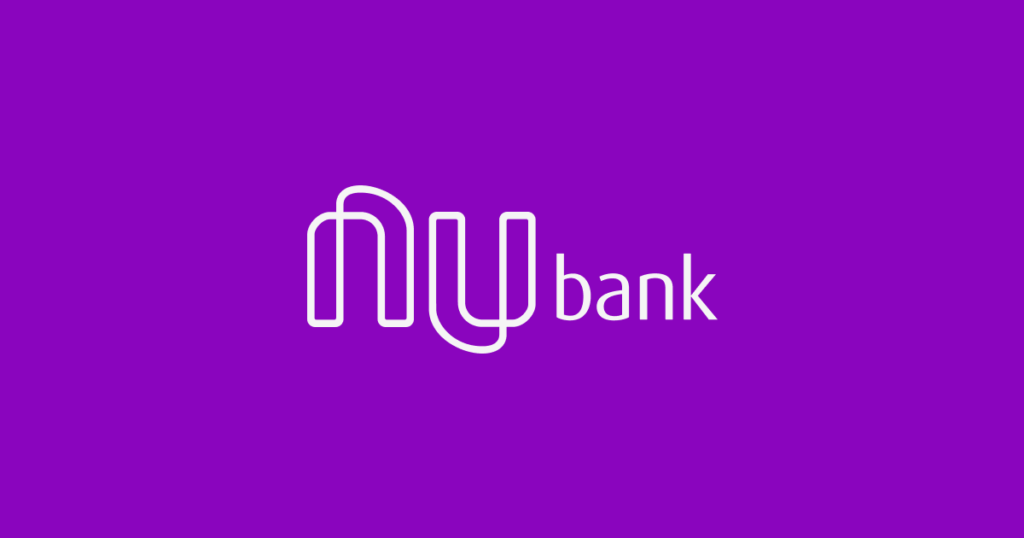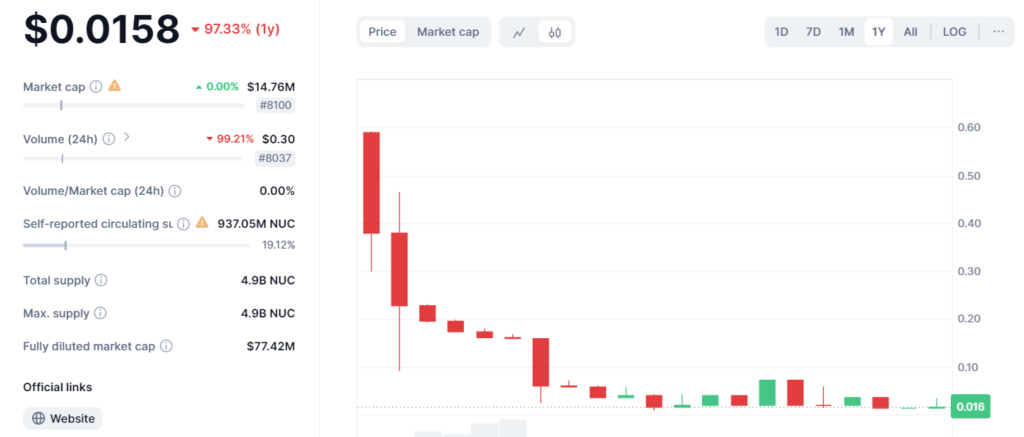The largest crypto bank in Latin America, Nubank, announced the immediate suspension of trading for Nucoin, its native crypto, following the token value’s decline by more than 97% in the past year.

On October 19, 2022, Nubank disclosed the establishment of the Nucoin token on the Polygon blockchain.
The bank discontinued trading nearly two years following the announcement. The bank has provided clients with a minimum of 10 reals (in Nucoins (NUC)) with the opportunity to convert them to Bitcoin or stablecoin USDC by December 9.
Cointelegraph Brazil reported that cryptocurrencies will be retained for accumulation and “future benefit from the rewards program” if a user fails to complete the conversion.
According to the media report, Nubank informed its customers via email that it has suspended trading immediately to safeguard them and all participants from potential volatility in the market value of Nucoins as a result of possible reactions to this update.
The last traded price of Nucoin was $0.0158, as per CoinMarketCap data. Over the past year, the token has experienced a decline of more than 97%. It reached its all-time high of $0.59 on April 22.

Nubank had ambitious objectives
Nubank initiated its cryptocurrency services in May 2022. It declared that it would allocate 1% of its net assets to Bitcoin (BTC).
The bank announced a partnership with Paxos in May 2022 to allow its customers to purchase, transfer, and store cryptocurrencies directly through Nubank.
Nubank announced in July this year that it had 100 million customers and was operating in Brazil, Mexico, and Colombia. Nubank announced on November 22 that it provided 14 cryptocurrencies besides Nucoin (NUC).
Argentina experiences an increase in cryptocurrency adoption
Argentina’s 276% annual inflation rate has been the primary factor driving its adoption of cryptocurrency in the Western Hemisphere, according to Forbes analysts. The July 9 report emphasized that Argentina accounted for 2.5 million of the 130 million visitors to 55 of the world’s leading exchanges.
Nevertheless, Juan Pablo Ortega, co-founder and CEO of the online payment platform Yuno, stated during a plenary session at the Web Summit Qatar on February 27 that there is a profound distrust towards banks in regions such as Argentina.
This results in certain residents physically storing their currency. Rather than employing wire transfers, individuals frequently visit the bank to extract all of their cash and make substantial purchases, such as purchasing a home, with cash.
Despite the ongoing challenges, Ortega observed that a financial inclusion “revolution” is underway in Latin America, Asia, and certain regions of Africa, driven by fintech firms.
He emphasized that regulators must first amend the laws for genuine inclusion, followed by efforts from companies and fintechs to reestablish consumer trust.
